
William Shatner: the 10 records that changed my life
In 1968, during his first wave of Star Trek fame, William Shatner released The Transformed Man, a concept album on which the actor recited notable pieces of poetry that segued into contemporary pop songs. "It was a pretty interesting approach," Shatner says. "If I did To Be Or Not To Be from Hamlet, that transitioned to It Was A Very Good Year, a song that celebrated life. I would do Cyrano de Bergerac, which has a speech ‘I may climb to no great heights, but I will climb alone,’ and I would segue into a drug song about a guy who can’t climb alone. The literature and the music worked together.”
Regarded as a curio at first, the album has since become a cult classic, and over the years, Shatner released four other records, including last year's thoroughly engaging collection of all-original progressive rock, Ponder The Mystery, created with Circa founder and former Yes guitarist Billy Sherwood and featuring guest turns by Tony Kaye, Steve Vai, Rick Wakeman and others.
"It's amazing to me, becoming associated with this music," Shatner says. "I’m the face on a progressive rock magazine now, and I don’t know how I even got there. But to work with people like Billy Sherwood, Tony Kaye and Yes, and all the others, it’s a real privilege. I can be something of an ignoramous about music and a lot of the people involved in it, but I’m a willing student."
By his own admission, Shatner came to embrace modern music late in life. Growing up, he heard opera almost exclusively. "Every Saturday afternoon, that's what my father had playing in the house," he recalls. "He’d go to work in the morning, and when he came home he’d turn on the radio to hear concerts from the Metropolitan Opera in New York. So that was a lot of the music I knew.
“It was only later on, when singing, or doing what I do, on a rock ‘n’ roll song did I understand the power that rock has. I used to disparage it – you know, ‘What happened to Frank Sinatra?’ It took me a while to understand the appeal of rock and other forms of music. But now I'm a big fan, and I'm happy to participate in making music with some wonderful artists."
On the following pages, William Shatner – actor, author, singer and all-around cultural icon – runs down his picks for 10 "life-changing" records.
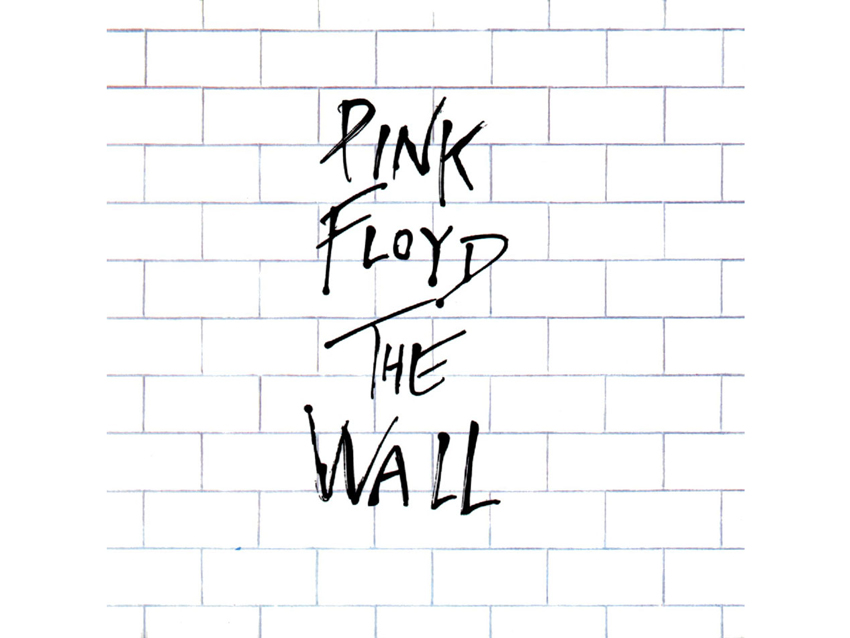
Pink Floyd - The Wall (1979)
“We talked about The Wall when I was making Ponder The Mystery. It was the example and the idea that I was aiming for. I wanted to tell a story, and the story became the thing that I could hook songs onto.
“As we progressed, the album became a little bit like The Wall, which is a terrific record.”
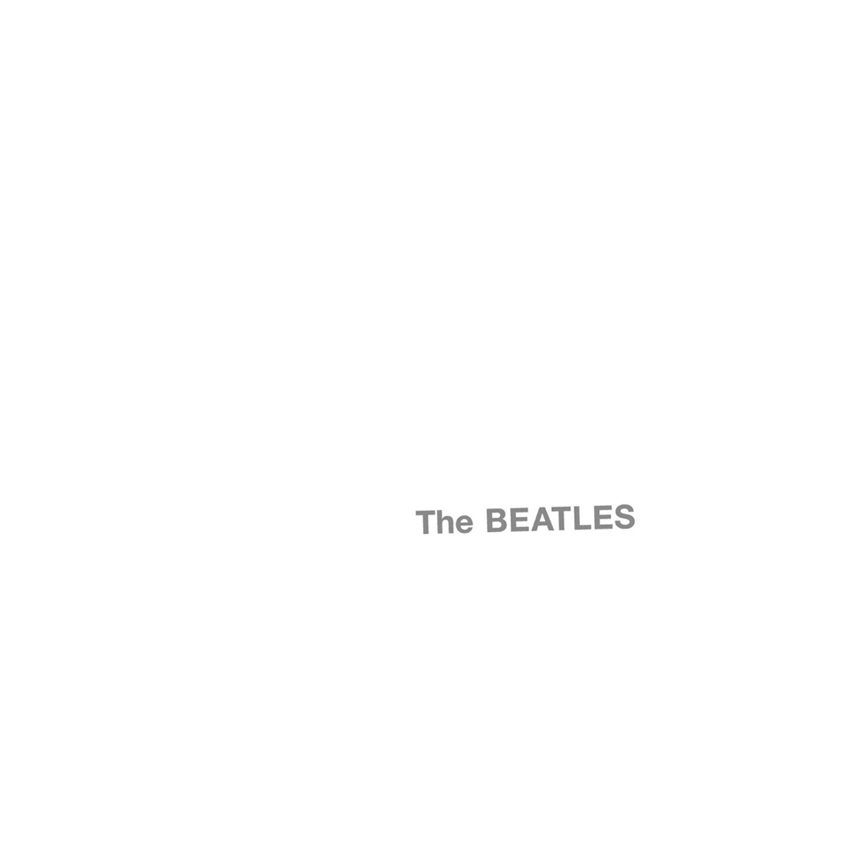
The Beatles - The Beatles (The "White Album") (1968)
“I bought an iPod years ago, and I needed some music to put on it. I knew somebody with over 4,000 songs on his iPod, who said that he would download his music onto mine. Once we did that, it was interesting: I realized that I had that person's musical soul on my iPod. I was assuming his musical taste.
“A bit later, I was shooting something at night. So I'm sitting there waiting to be called for a scene, and I had my earphones on and was listening to some of this music for the first time. I’m scrolling through, scrolling through, and I come to the White Album. With the headphones on, the quality of sound was amazing – I could hear all the intricacies in the music. That’s when I fell in love with The Beatles.”
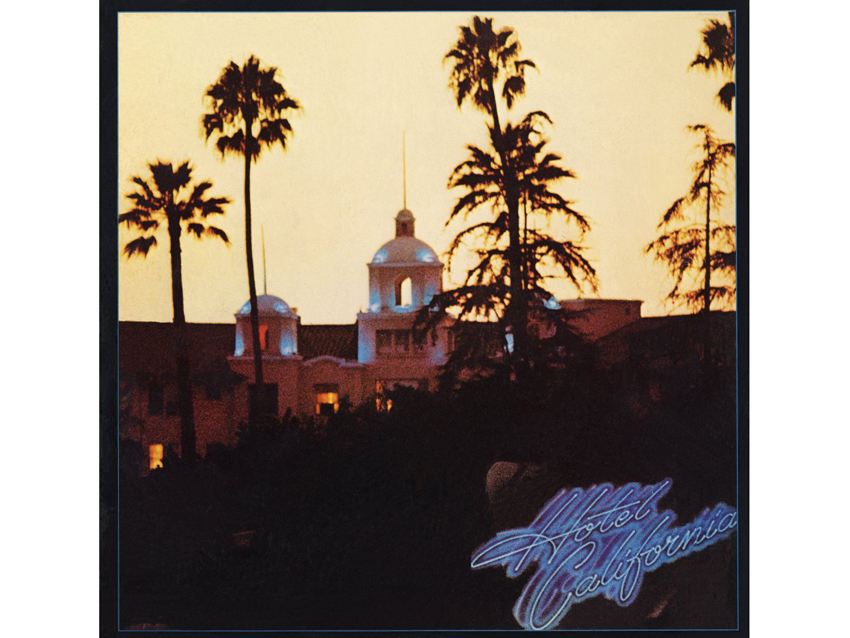
The Eagles - Hotel California (1976)
“Joe Walsh and I have become buddies, and because of that I became an Eagles fan. Hotel California has a certain appeal to me because you can follow it all the way through. Like The Wall, it’s a story.
“The guitar playing is great. I mean, there’s Joe Walsh, right? It’s funny: I’ve been on tour with this one-man show I opened on Broadway. I go out there with one guy who’s running the visuals and music on a computer, and he’s guiding the guy who’s running the spotlight – and that’s it. We even rent the projection equipment from the venue. Basically, I get on an airplane to go to the show.
“I was talking to Joe, and I asked him how much equipment The Eagles bring with them on tour. ‘Oh, about 17 trucks,’ he said. That’s a lot! We both had a laugh at that. I didn’t realize the magnitude of an Eagles tour.”
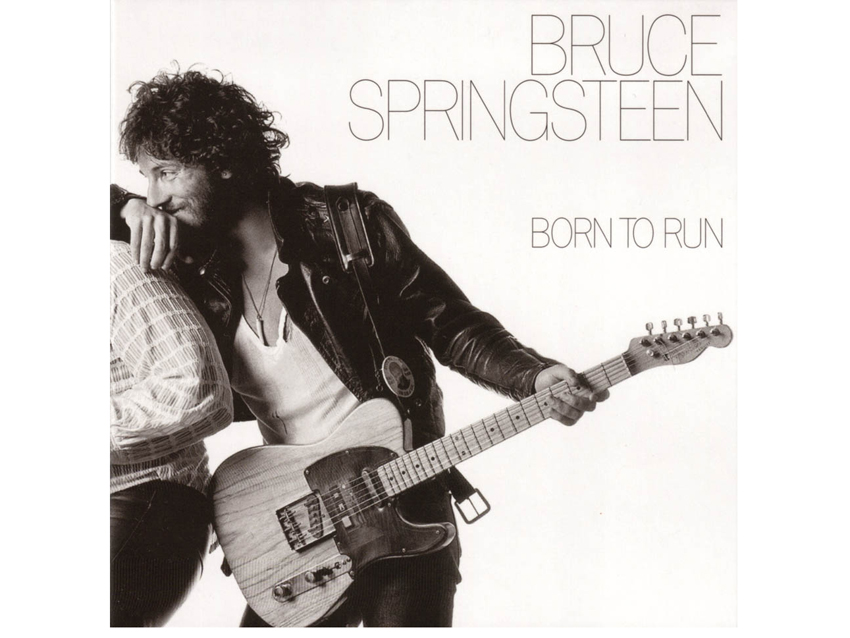
Bruce Springsteen - Born To Run (1975)
“This record is what I would most like to sound like; I’d like to sound like Bruce Springsteen. His singing voice is less than great, but his energy is incredible. He hits the notes, which is something that I can’t do, but whereas he’s half-singing and half-talking, I’m half-talking and half-talking.
“I was at one of his shows, which was enthralling. Bruce said something about the ‘tree people,’ and there they were – there were people literally in the trees that grow all along the Hollywood Bowl. It was incredible."
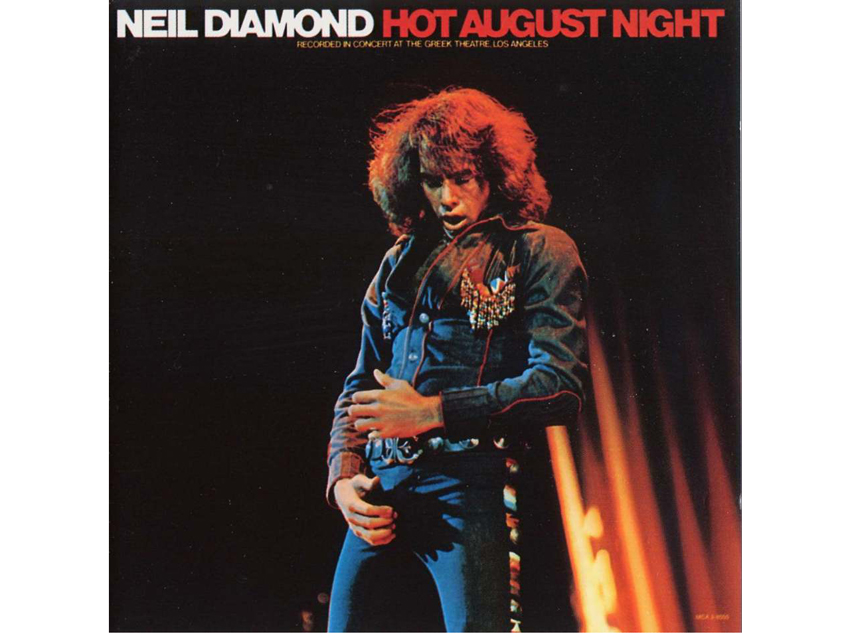
Neil Diamond - Hot August Night (1972)
“I was in the audience for this one. I don’t know if I was a Neil Diamond fan before the concert, but I became one after that night.
“Neil has a wail to his voice. I once asked him how managed to sing without tearing his vocal cords. He told me that he’s been doing it since he was five years old. I guess the muscles are built up and are strong enough to withstand it."
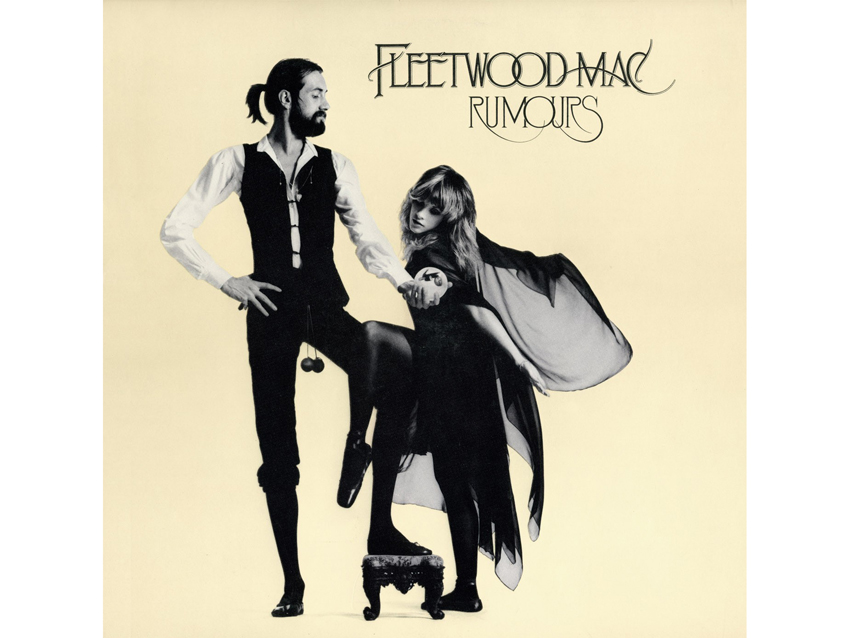
Fleetwood Mac - Rumours (1977)
“I worked with Mick Fleetwood in Hawaii. In fact, I went to one of his restaurants a couple of months ago. I just love what he plays.
“The whole record is great. I don’t really make a distinction between the singers – I just love it all.”
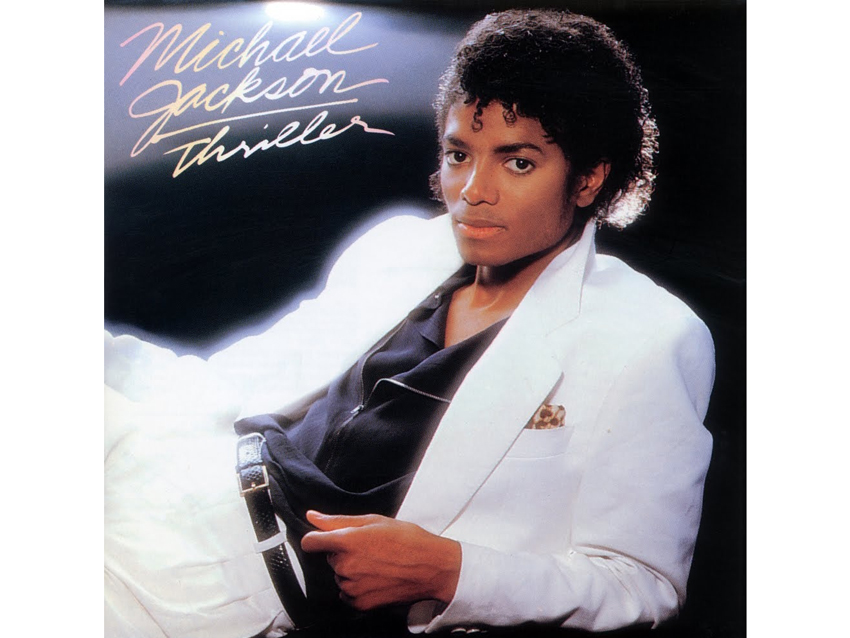
Michael Jackson - Thriller (1982)
“This album is a no-brainer. It just might be the greatest of them all. Everybody loves it, of course – it’s all wonderful.
“We’ve seen him perform it, and the image of him on stage captures our imagination perhaps more than anything else. He was truly a supreme performer.”
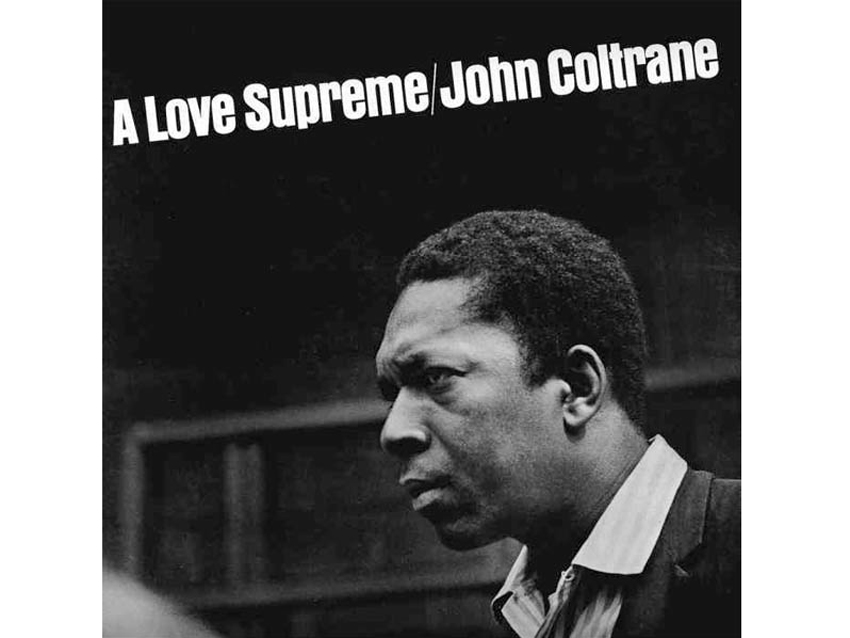
John Coltrane - A Love Supreme (1965)
“John Coltrane was one of the greatest musicians. If you love jazz, you love John Coltrane – and I love jazz, so there you go.
“I’m absolutely enthralled when I listen to this record.”
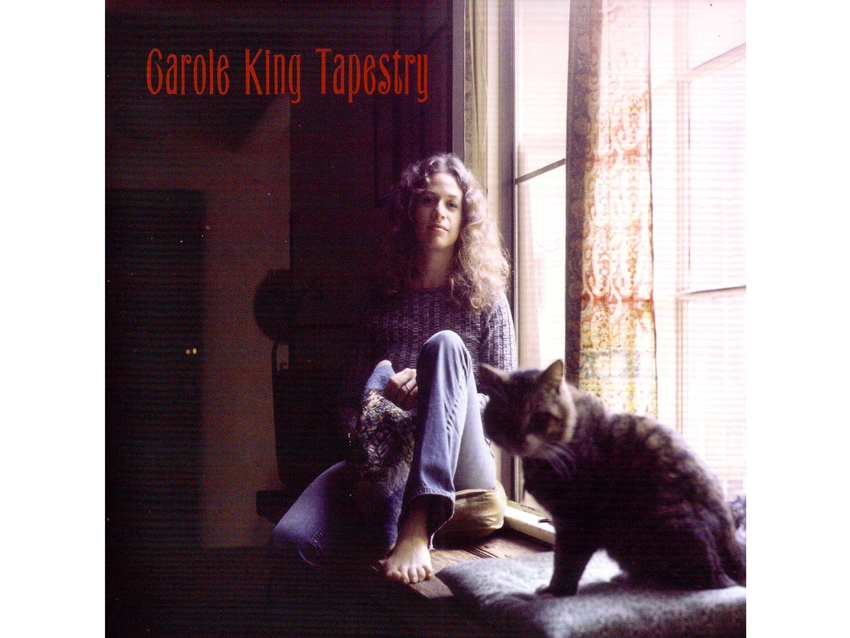
Carole King - Tapestry (1971)
“One of the great songwriters of our time. I’ve been trying to write songs, with limited success. But I listen to Carole King, and I find her use of words and melody to be extraordinary.
“These songs have become classics, and with good reason. They're beautiful."
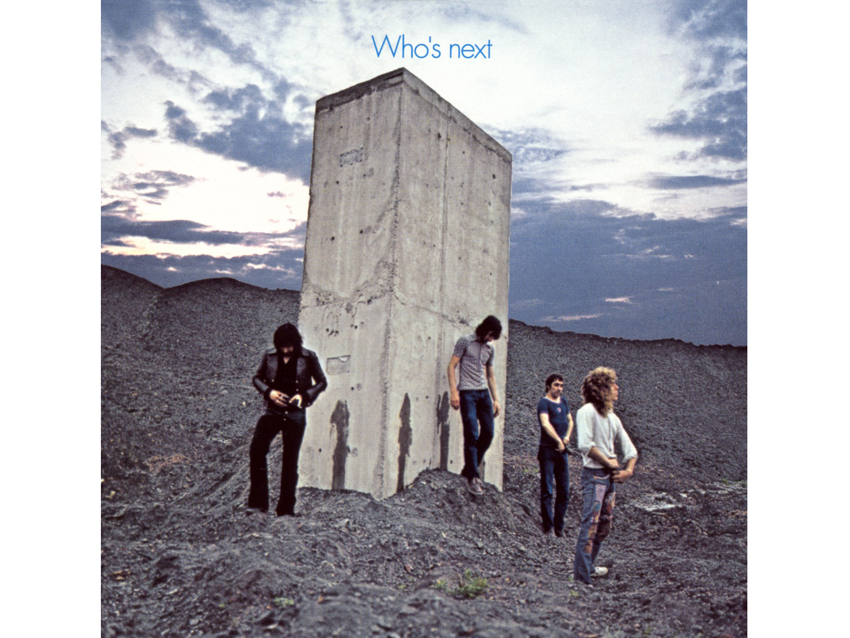
The Who - Who's Next (1971)
“The Who are incredible. It’s almost like, ‘Who else is best?’ It’s hard to pick out my favorite song on this record. One cut after another, they’re all great.
“They’re a powerful band, of course, but Who’s Next has so many other elements that grab you. Pete Townshend is a terrific, marvelous guitarist. The magic of what some musicians can do just blows my mind.”

Joe is a freelance journalist who has, over the past few decades, interviewed hundreds of guitarists for Guitar World, Guitar Player, MusicRadar and Classic Rock. He is also a former editor of Guitar World, contributing writer for Guitar Aficionado and VP of A&R for Island Records. He’s an enthusiastic guitarist, but he’s nowhere near the likes of the people he interviews. Surprisingly, his skills are more suited to the drums. If you need a drummer for your Beatles tribute band, look him up.
"Reggae is more freeform than the blues. But more important, reggae is for everyone": Bob Marley and the Wailers' Catch a Fire, track-by-track
“Part of a beautiful American tradition”: A music theory expert explains the country roots of Beyoncé’s Texas Hold ‘Em, and why it also owes a debt to the blues
"Reggae is more freeform than the blues. But more important, reggae is for everyone": Bob Marley and the Wailers' Catch a Fire, track-by-track
“Part of a beautiful American tradition”: A music theory expert explains the country roots of Beyoncé’s Texas Hold ‘Em, and why it also owes a debt to the blues









